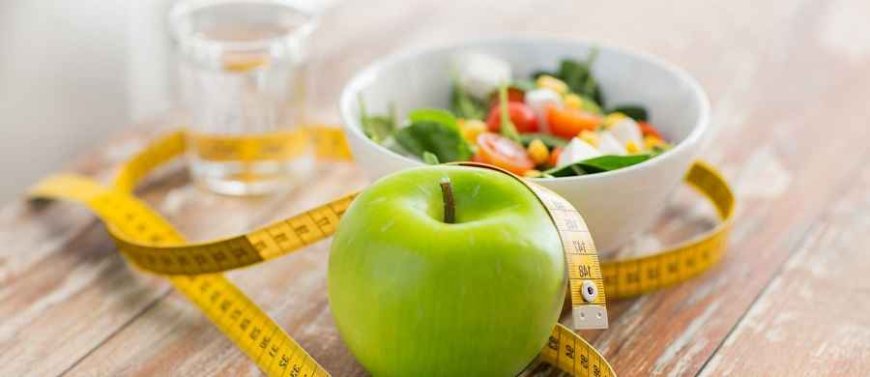The Ramadan best diet plan
Ramadan is a holy month of fasting observed by the millions of Muslims worldwide every year. This is a time for reflection,

Ramadan is a holy month of fasting observed by the millions of Muslims worldwide every year. This is a time for reflection, for self-discipline, and spiritual growth. Fasting during Ramadan can be a challenge, especially when it comes to healthy eating. However, with a little planning and preparation, you can ensure that your body gets the nutrition it needs during this month. Here's a guide to the best diet plan for Ramadan:
Start with a healthy Suhoor meal
Suhoor is the meal that Muslims do eat before starting their fast in the holy month of Ramadan. It is essential to start your fast with a healthy and nutritious meal that will provide you with energy throughout the day. Make sure to include complex carbohydrates such as whole-grain bread, oats, or brown rice, as well as protein-rich foods like eggs, cheese, or yogurt. Avoid foods high in sugar and fat, as they can cause a sugar crash and leave you feeling lethargic during the day.
Stay hydrated
It is essential to stay hydrated during Ramadan, especially when fasting for long hours. Make sure to drink plenty of water during non-fasting hours, and try to avoid sugary and caffeinated beverages as they can dehydrate your body. Coconut water is an excellent hydrating option as it is rich in electrolytes and minerals.
Break your fast with dates
Ripe Dates are a traditional food to break your fast during Ramadan. They are an excellent source of natural sugar, which provides a quick energy boost to your body. Dates are also rich in fiber, vitamins, and minerals, making them an excellent food to kick start your digestive system after a day of fasting.
Include fruits and vegetables in your iftar meal
Iftar is the meal eaten to break the fast at sunset. It is essential to include plenty of fruits and vegetables in your iftar meal as they are rich in vitamins, minerals, and fiber. Try to include a variety of colorful fruits and vegetables in your meal to ensure that you get a wide range of nutrients.
Intake of fried and processed foods should be limited
During Ramadan, it is common to indulge in fried and processed foods. However, these foods can be high in calories, fat, and salt, which can be harmful to your health in the long run. Instead, opt for healthier cooking methods such as grilling, baking, or steaming, and choose whole foods like lean protein, whole grains, and vegetables.
Eat in moderation
While it may be tempting to indulge in large meals after a long day of fasting, it is essential to practice moderation. Overeating can lead to digestive problems and make it harder to fast the next day. Instead, eat smaller, more frequent meals throughout the night, and listen to your body's hunger cues.
In conclusion, following a healthy diet plan during Ramadan can help you maintain your health and energy levels throughout the month. Make sure to incorporate a variety of whole foods, limit your intake of processed and fried foods, and stay hydrated. With a little planning and preparation, you can make the most out of this holy month while nourishing your body.
